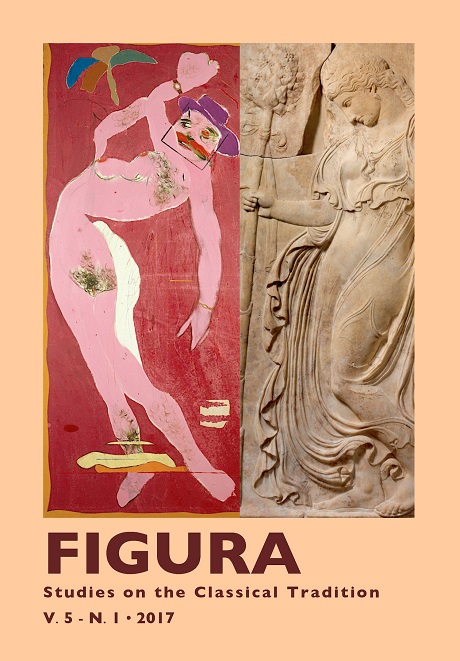Abstract
The philosopher Ernst Cassirer (1874–1945), best known for his Philosophie der symbolischenFormen, started a new period in his career in 1919, when he was appointed to the chair of philosophyin the new-founded University of Hamburg. This was the most important period of his academic life, in which occurred the development of his international reputation, his most productive years, and, of course, the materialization of his philosophy of culture. What is the role played by the city and its intellectual background in Cassirer’s thought? This is the question explored in this article.
Downloads
Download data is not yet available.

